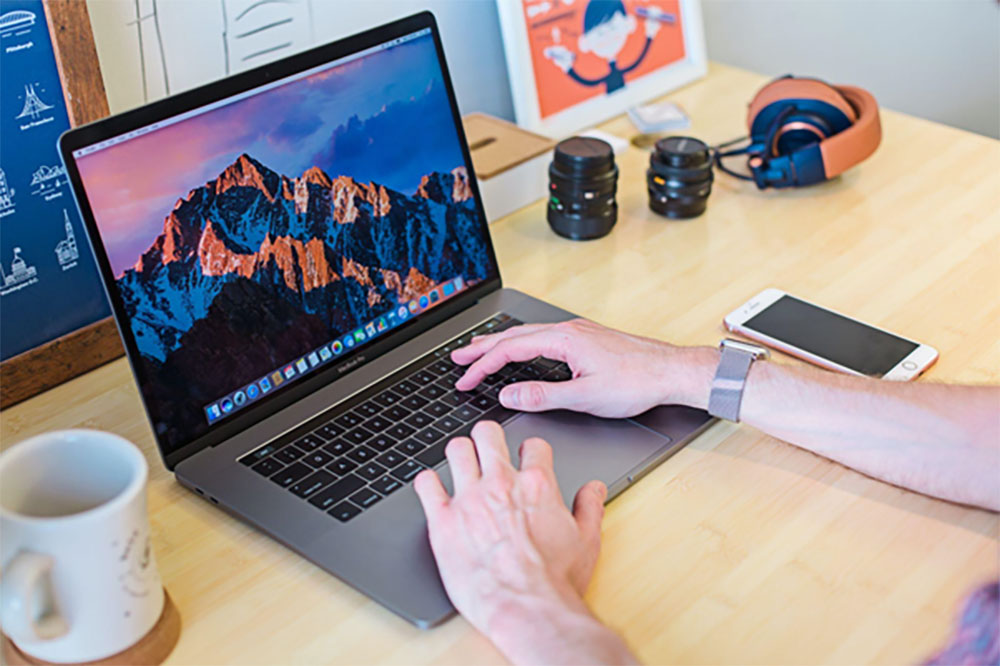Laptops feature an array of features to help users enjoy their digital experience as much as possible. This makes it vital to consider your choice carefully, and pick a laptop that best suits what you are looking for it to do.
The PC market is highly competitive, with manufactures and retailers alike fighting hard to stand out in the field. If you clue up on what you are looking for and go into your search with a clear plan, you can use this to your advantage. This can mean either saving a few dollars, or leveraging retailers against each other to get some extra features or applications thrown in.
This article helps clue you up with the knowledge you need, and how to apply this into your search for a new laptop.
Where to start
As with most reasonably significant purchases, the best place to start when looking for a new laptop is to be clear about your budget. There is so much choice from the highest end of the market at thousands of dollars down to the lowest spec machines at a couple of hundred bucks.
Whichever end of the market you are playing in, you should consider what you are looking for your laptop to deliver for you. With this knowledge, you will be able to create the perfect fit between your needs and the laptop.
If you find the best combination, you will be able to find the balance between portability, durability and performance with you new machine.
On the lowest end of the market, a Chromebook can be the perfect entry point for a cheap laptop for sale to carry out most basic functions you need. This includes browsing the net, watching movies or YouTube, and basic word processing tasks. The OS is also designed to integrate seamlessly with the Google Suite, meaning you can get the best from the popular cloud-based toolset.
Demystifying the selection process
You should approach your search for a new laptop by aiming to get the most bang for your buck. In other words, whatever your budget, you should aim to get the best possible laptop within that price range. Having a clear plan but being open-minded to the make and model of laptop will put you in the driving seat.
Start by looking into the operating system you want. Are you a Windows traditionalist? Or are you willing to be more open minded with a Linux, Chrome OS or macOS? Many people have a clear preference, while some users are OS agnostic. When you choose, consider where all your files are stored and in which cloud platforms.
The next main consideration is the hardware. What screen size do you need, or prefer? How long do you need your battery to last? How light do you need your laptop to be? These are some of the key questions to ask yourself to help you ascertain the specification of laptop that could suit you best.
The main thing is to consider where your laptop will mainly reside. Will it come with you to work and on family visits? Or is it more likely to stay in one place on your desk at home? Being honest with yourself about these key questions will help you establish the weight of your device and other key aspects such as the screen size.
Optional extras
Ask yourself too, do you need features such as touchscreen? Paying for features such as this but then not using them can be a pity. If you are a traditionalist and tend to rely on your keyboard, touchpad and mouse, then touchscreen can be overlooked.
Look for how many ports your new laptop has too. These can be useful for plugging in additional peripherals such as flash storage, mice, larger keyboards, and other hardware to enhance your experience.
Adding a larger monitor can also enhance your laptop’s performance without adding extra bulk to the machine.
Most of all, take your search in your stride. Be confident in your knowledge and what you are looking for from your new machine. This will put you in control of the buying process, and help you focus on yourself as the user. Enjoy the process, and good luck!


